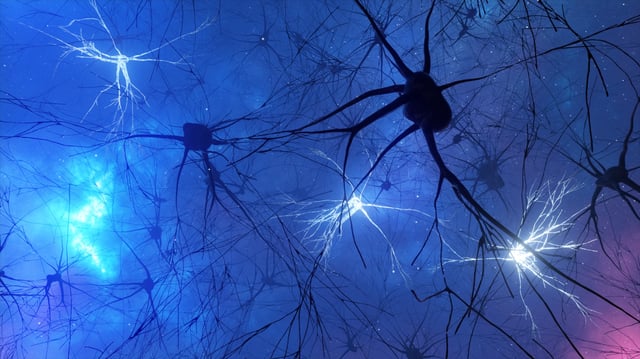Overview
- Three-month daily administration of the MLi-2 LRRK2 kinase inhibitor fully restored primary cilia on striatal neurons and glia in LRRK2-mutant mice.
- The treatment re-established Sonic Hedgehog–mediated neuroprotective signaling and doubled the density of dopamine nerve endings in the striatum.
- Overactive LRRK2 disrupts primary cilia and neuronal communication, contributing to early Parkinson’s pathology in genetic cases.
- Findings published in Science Signaling by Stanford University and University of Dundee researchers suggest functional improvement rather than mere symptom stabilization.
- The research team plans to evaluate the inhibitor’s effects in non-LRRK2 Parkinson’s models and leverage ongoing human trials of LRRK2 inhibitors.
